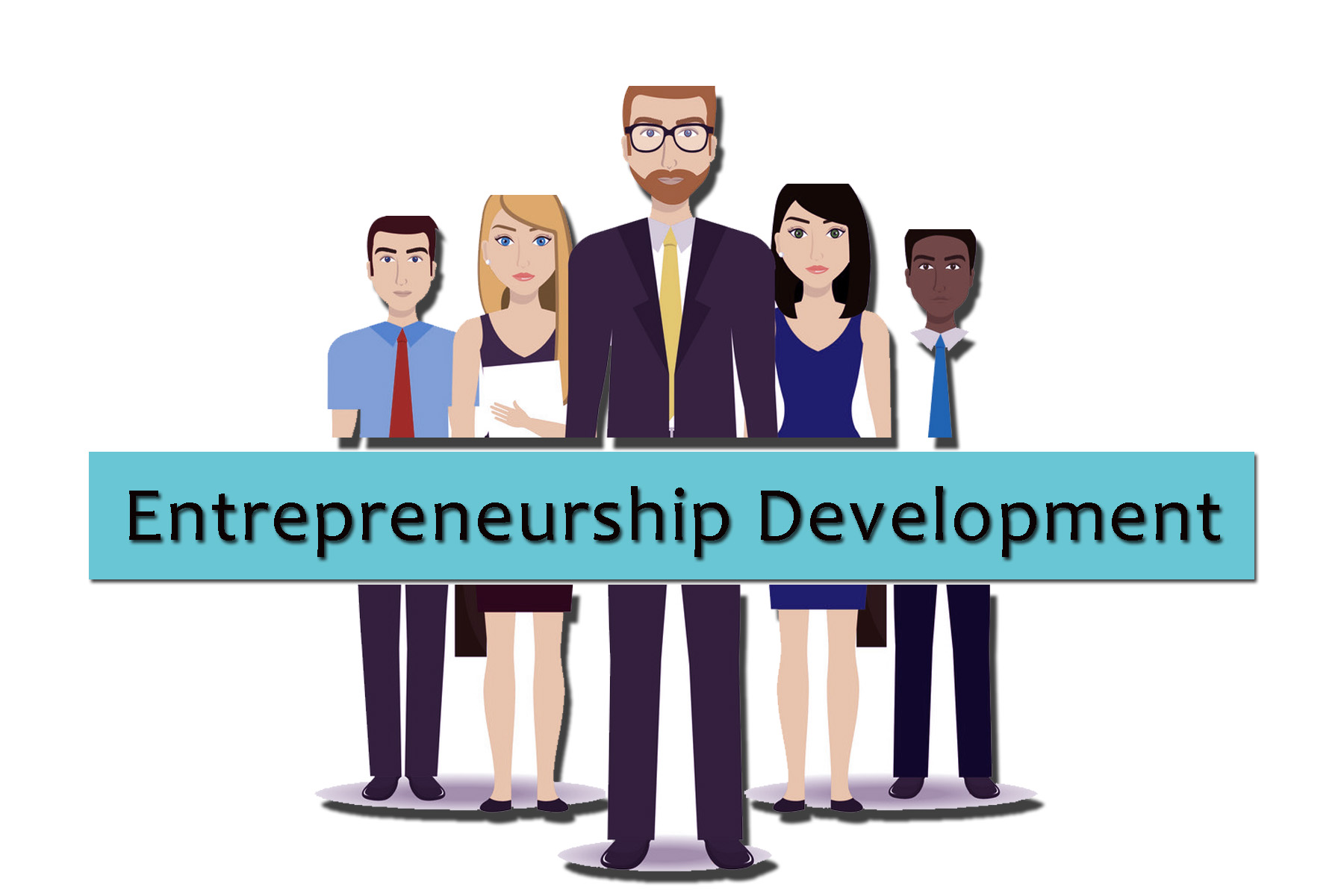From the moment a ‘go’ decision is given to a business idea, substantial funds, physical and intellectual efforts, as well as emotions, are poured into it. The failure of a business idea to be transformed into a successful business is, therefore, costly on many dimensions. To minimise the risks of those possible but avoidable losses, it is imperative that a business idea is tested on the potentialities of its commercial feasibility before that ‘go’ decision is given. Of the many other benefits of conducting a feasibility are that it points out the valid bases of going on with a business idea in an informed, clear, intelligent and logical way; It narrows down diverse business options thereby creating focus; It brings to light the kind of success that may be achievable over a period of time, etc.
Before we go into how a business idea could be tested for its latent commercial success, we need to first understand that there is a difference between a business feasibility study and a business plan, which two are often confused or mixed up by many. A feasibility study is to basically help determine whether or not a business idea stands an acceptable chance of viability or not. A feasibility study would, typically, bring out facts, analysis, projections, conditions and limitations for the success of a business idea while a business plan will bring out the chosen tactics and strategies required to achieve a target business success and growth. If an idea is determined to be not feasible, the need for a business plan is immediately precluded.
- Insecurity: Nigerians are traumatised — Jonathan
- JUST IN: Passengers trapped in the bush as Abuja-Kaduna train breaks down
Having said that, I like to group the tests of business feasibility into ‘product tests’, ‘market conditions’, ‘financial conditions’, ‘resource tests’ and ‘risk analysis’.
Product Tests: These are all the tests in which you will establish certain fundamentals about your product (good or service) offering. What are the benefits of the product to your target market? At what price can you place the product in the market? Are there competing substitutes that can partly or completely replace your product? If there are, why should the customers patronise you and your product and not the competition and their substitutes? How are similar and substitute products doing in the markets? Etc.
In conducting these checks, it is compulsory that the entrepreneur isolates and eliminates their sentiments, desires and hopes about the product from the actual value of the product that the potential customer perceives and is willing to pay for.
Market Conditions: All economic factors are essential to business success. In particular, however, market conditions are fundamental. Who are the customers you wish to serve? What are the demographics of your customers and where are they located? What are the economic and social statuses of your customers? Can the customers afford the price of the product that makes the business profitable? Will the market grow or shrink in the years to come? How is the competition doing and why? Etc.
Financial Conditions: Finance is the lubrication of the moving parts of a business. Once a business idea will not be financially viable, it is considered ‘dead before arrival’. So, the entrepreneur must be sure of some financial parameters before launching their business. Can you raise, internally and/or externally, the funds required for the purchase of assets and the ongoing operations of the business? What will be your fixed and variable costs? How quickly will break-even be achieved? How strong is the cash flow forecast? Etc.
Resource Tests: All businesses require certain resources to operate and succeed. Unless those resources are provided in, at least, certain minimum quantities and at the time they are required, the business will be jeopardized. Hence, for any business idea to be transformed into a business success, you need to answer questions like; Can you provide the required funds for the take-off and continuous operations? Is the technology available for your business and its operations? Can you get the equipment, software, etc. the business will require? Will you have the skilled and unskilled manpower you need? Will the existing local, national and/or international infrastructure support or militate against the business? Etc.
Risk Analysis: One of the great misconceptions many people have is that ‘business is about taking risks’. Really, nothing can be further from the truth! Rather, savvy businessmen and women are very curious about and alert to the risks each transaction or business may portend. Consequently, they first identify and assess risks associated with the business both on a one-off and/or continuous basis. Like the other tests and conditions above, risks will need to be assessed along various pertinent dimensions such as market, finance, resources, etc. After identification and assessment, mitigation and control measures must be put in place wherever necessary.
So far what we have discussed are the benefits of conducting a business feasibility study, the difference between a feasibility study and a business plan, and the issues that a feasibility study grapples with. However, we have really not discussed how a feasibility study can be conducted. For instance, how do you establish if a price that will be profitable to the company will be accepted by the customers? So, next week in this Column, we will discuss ‘the how’ of testing variables in a feasibility study in the second and final part of Entrepreneurship Development: Testing the Feasibility of a Business Idea.

 Join Daily Trust WhatsApp Community For Quick Access To News and Happenings Around You.
Join Daily Trust WhatsApp Community For Quick Access To News and Happenings Around You.


